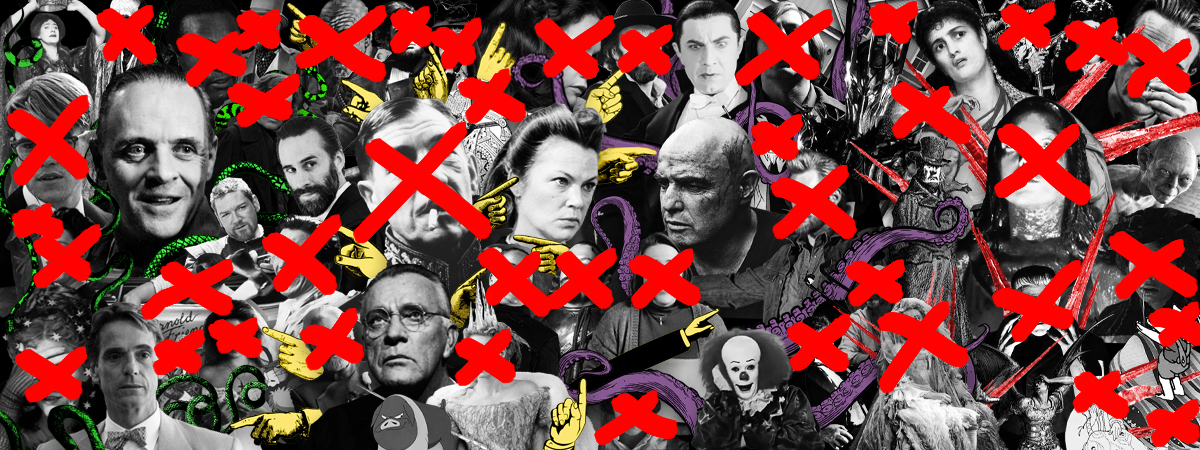- Researchers debuted a new measure of identifying CEO depression by using AI learning models to analyze vocal features from earnings call recordings. This research has helped identify factors that may contribute to mental health challenges among executives.
CEOs might be able to give away mental health challenges just by how they talk about their companies’ earnings to investors. A study published this month in the Journal of Accounting Research used artificial intelligence to analyze chief executives’ speech recordings to identify depression.
Researchers from Indiana University’s Kelley School of Business and the University of Kentucky debuted a measure of identifying the severity and prevalence of depression among chief executives by training AI language models to analyze vocal patterns of CEOs. They analyzed data from more than 14,500 earnings calls from S&P 500 companies from 2010 to 2021.
CEOs with depression tend to face additional workplaces challenges, evidence from the study suggested. Specifically, a CEO’s mental health struggles were associated with a company facing greater risks, such as litigation or volatile stock returns. There was also limited evidence showing CEOs with depression were more likely to have larger compensation packages and have a higher percentage of those packages based on performance. They were less likely to be older and women.
“We want to really highlight mental health in leadership roles and how prevalent it is,” Nargess Golshan, assistant professor of accounting at Indiana University and the study’s co-author, told Fortune. “Of course, it is important for the personal health of these executives, but also has far-reaching implications for the organization, the employees, the investors, and the broader economy.”
How AI learns to identify depression
Researchers have long used voice analysis as a tool for assessing chronic illnesses, such as Alzheimers and Parkinson’s disease, and measuring depression through a similar analysis is no exception.
Rather than look at more rudimentary speech components previously used to assess health conditions—such as pauses and uses of filler words, which are associated with depression—researchers are now turning to AI to pick up on patterns too small for the human ear to notice.
“These machine learning models [are] more complicated than that,” Golshan said. “They use numerical embeddings of pieces of the audio file that are not really perceptible by humans.”
Golshan collected vocal analysis data from a sample of non-CEOs who took mental health assessments, cross-referencing that data with scores from reliable tools for determining depression, like the Patient Health Questionnaire. She used that data set to train her machine learning model, which could identify small pieces of data from CEO’s speeches that could indicate depression. Earnings calls are an optimal way to collect data because they feature long, uninterrupted periods of talking and usually aren’t confounded by visual communication cues like hand gestures.
Among more than 14,500 CEOs studied, More than 9,500 were classified as having depression using analysis from the machine learning model.
The relationship between business and mental health
AI-powered mental health assessments have already allowed researchers to identify correlations between CEO depression and business risks, though Golshan warns that no causal connections can be made.
She found among the companies in the study, having a CEO with depression was associated with greater risks to a firm, including facing lawsuits or unpredictable stock returns. Golshan hypothesizes this could have something to do with how individuals with depression interrupt feedback. Those with depression are more likely to deeply internalize negative feedback, but are less sensitive to positive feedback. Dwelling on a worse-than-expected fiscal quarter could cause further negative self-talk, worsening depression symptoms.
The study also found, albeit limited, evidence of a relationship between a CEO’s mental health score and their compensation package, such that executives with depression had larger payouts. This might be a result of a board wanting to support or incentivize a struggling executive, Golshan said.
Researchers are already diving deeper into the potential causal relationships between depression and factors such as compensation, turnover, and company performance. The associations between depression and business risk point to areas of future research, but they mostly validate the new AI model as a useful tool in measuring depression. Golshan asserted there are also intangible impacts of the future of this mental health research.
“Depression has always been attached with the stigma…We hope, with this study, to really bring some light to it, especially how prevalent it is,” she said. “We want to start a conversation and help executives to be aware about it, and also companies, to support their executives in these roles.”
Mental health is still stigmatized for CEOs
Mental health troubles don’t magically dissolve outside the corner office. Three-quarters of the C-suite said they would seriously consider quitting their jobs in order to seek out a workplace that would better support their wellbeing, according to Deloitte’s 2023 Well-Being at Work Survey, which polled 3,150 employees across the United States, UK, Canada, and Australia.
But despite the high prioritization of mental health among executives, discussing and seeking help for improving mental wellbeing has been tamped down by the continued stigma about those struggles. Eight in 10 CEOs and 67% of employees believe someone with a mental illness is weak or burdensome, BusinesSolver’s 2024 State of Workplace Empathy surveying 20,000 employees found.
These mental health challenges can result in material changes for a business. Blake Mycoskie, founder of Toms, the slip-on shoe brand with a philanthropic bent, sold 50% of the company to Bain Capital in 2014, citing depression and loneliness.
“I lost a lot of my clear meaning and purpose,” Mycoskie told Fortune in April.










![Arson Suspected In Terrapin Crossroads Fire [Video]](https://liveforlivemusic.com/wp-content/uploads/2025/03/terrapin-crossroads-arson.png)



